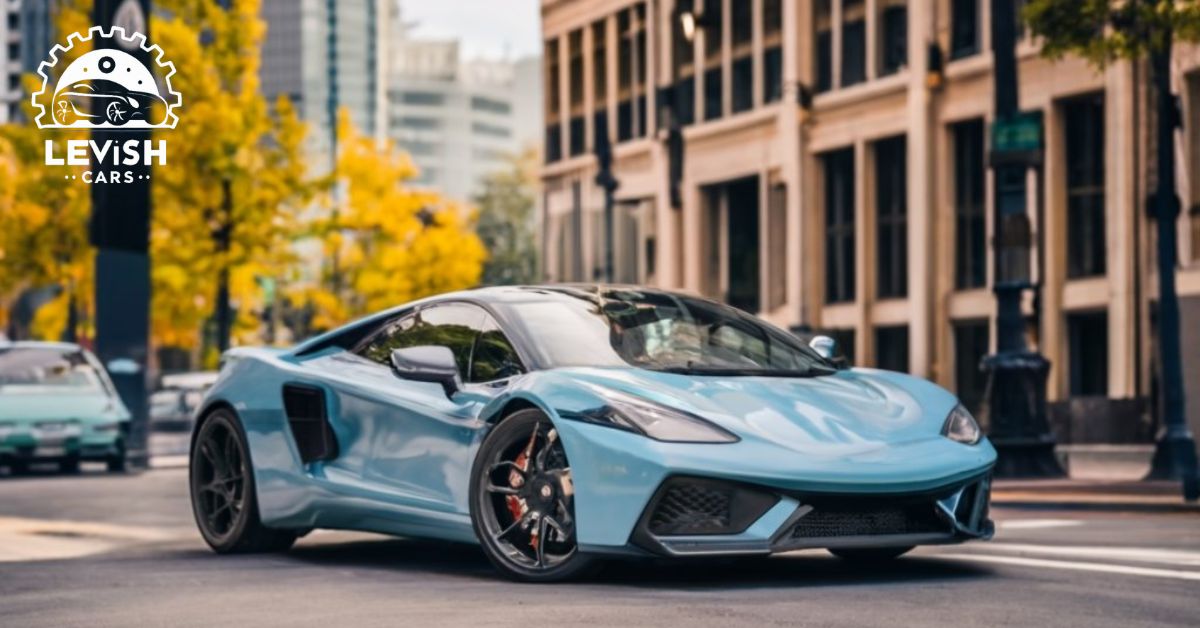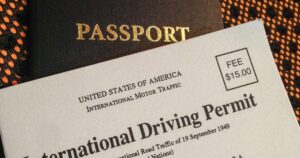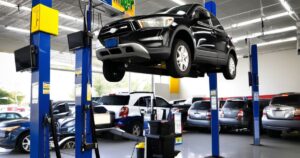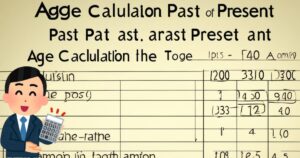Many cars today get wrapped with vinyl film. This changes the car’s color and look. How much does this service cost? Prices depend on the car size. Small cars cost less than big SUVs. Prices also vary based on complexity. Plain color wraps are cheapest. Custom prints or colors cost more.
Basic wraps for small cars start around $2000-3000. Bigger vehicles commonly run $4000-6000. Show cars or wild graphic wraps can be $10,000+. Location matters too. Major cities charge more. Shops offer many color and finish options.
Matte, satin, gloss, chrome and more. Partial wraps just doing one panel cost less. Prices involve the vinyl film and skilled labor time. Car wrapping prices can fit different budgets. This service transforms a car’s whole appearance.
Average Cost of Car Wrapping
Car wrapping has become a popular trend, with many car owners opting to transform their vehicles’ appearance. Prices for this customization can vary, with a basic full car wrap typically ranging from $2000 to $3000, covering small cars and sedans. For midsize SUVs, the average cost is between $3000 and $5000, while luxury cars and large trucks may fall within the $5000 to $8000 range.
These estimates generally apply to solid color gloss wraps, excluding graphics or matte finishes. Factors such as location play a role in pricing, as major cities with higher labor costs may see more expensive wraps than in smaller towns. Additional expenses come with graphic wraps featuring colors and designs, as well as matte, chrome, or textured finishes. Opting for partial wraps covering only one panel or section can be a more economical choice.
On average, expect to spend around $3000 to $5000 to give your vehicle a whole new look through car wrapping, providing a cost-effective alternative to a new paint job. The vinyl film used in wrapping is also removable, allowing for a change in appearance without a permanent commitment. For safety measures, considering the inclusion of a fire extinguisher in the car is advisable.
Factors Affecting Car Wrapping Costs
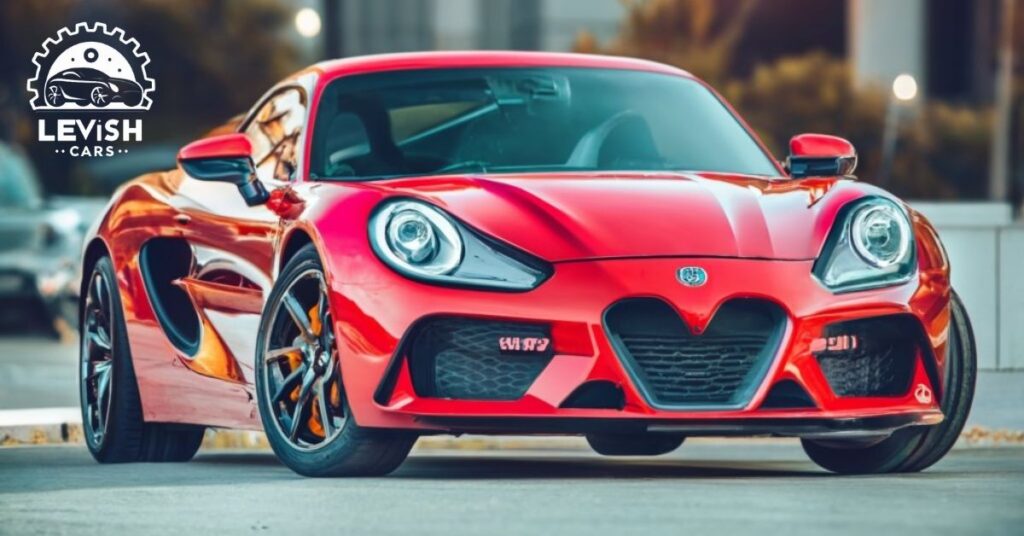
Many factors go into the cost of wrapping a car. The car’s size is one factor. Small cars cost less to wrap than big trucks. The amount of surface area matters. The complexity of the wrap design also impacts price. A basic solid color is cheaper than a detailed graphic wrap. The number of colors and elements adds labor time. Difficult contours or angles raise the cost too.
Specialty wraps add expense. Matte, satin, or chrome wraps require more skill. So do carbon fiber or color shift wraps. Location affects labor rates as well. Shops in big cities charge more.
Partial wraps of one section cost less. But bad prior paint or body damage adds prep work. And special tools for precise cuts hike the price. Proper surface preparation is key for good adhesion too. Consider all these factors when budgeting a car wrap. While prices vary, discussing needs with providers gives accurate estimates. A professionally wrapped car delivers stunning results.
Color and Finish
Car wraps come in many colors and finishes. Most wraps use glossy vinyl in solid colors. This gives a shiny new painted look. Matte or satin wraps are also popular. These have a flat, non-shiny texture. Carbon fiber, chrome, brushed metal, and wood grain finishes are options too. They make a car look high-tech and luxurious.
Some wraps shift color when viewed from different angles. And wraps can use colorful designs and custom graphics. The options for creative color and finish combinations are endless. Any look you can imagine can be achieved with today’s car wrapping technology and materials.
Quality of the Vinyl Wrap
The quality of the vinyl is important for car wraps. Low quality vinyl won’t last as long. It may peel, bubble, or discolor faster. High quality vinyl holds up better over time. Name brands like 3M and Avery make reliable car wrap materials. Their vinyl resists damage from sun, rain, and temperature changes.
A good wrap should last 4-5 years on a car before needing replacement. Quality vinyl also goes on smoother. It hugs the car’s curves neatly. The material should be thick enough to resist tears but flexible. Custom prints need high quality vinyl too. It produces crisp, vivid images that don’t fade quickly. Paying a little more for premium vinyl ensures the wrap looks great for years.
Vinyl Treatments
Special vinyl treatments can be added to car wraps. These give unique textures and looks. Matte vinyl has a flat, non-glossy finish. This downplays shine for a subtle style. Satin vinyl is in between gloss and matte. Carbon fiber vinyl looks like real carbon fiber weave. Brushed metal and chrome films give a trendy metallic vibe.
Some vinyl can shift colors when viewed from different angles. And textures like hex, leather, or wood can be applied too. Vinyl treatments level up the design. They make a wrap stand out from plain paint. The textures also help hides imperfections in the car’s body. Treatments give owners tons of ways to customize their ride’s new skin. The possibilities are endless with vinyl’s textures and effects.
Size of the Vehicle
The size of a vehicle impacts the cost of wrapping it. Small cars with less surface area are cheaper to wrap. Compacts like the Honda Civic or Toyota Corolla have low rates. Midsize sedans like the Toyota Camry have moderate wrap costs. Prices go up for larger SUVs like Ford Explorers and Jeeps. Full-size pickup trucks are the most expensive to wrap. They require the most material and labor time.
Rates are based on the total square footage needed to cover a vehicle. More curves and angles also increase costs. The difficulty of working on large truck parts bumps up the price too.
Vans and RVs fall on the higher end for wraps due to their massive size. Knowing your vehicle’s size class helps estimate a reasonable budget for a full wrap. Bigger is not always better when it comes to cost.
Full or Partial Wrap
Car wraps can cover a whole vehicle or just parts. A full wrap covers the entire car. It changes the total look. Partial wraps only cover sections. Popular partial wraps are just the hood, roof, trunk, or mirrors. A partial wrap costs less for materials and labor time. It makes a subtle change to the car. Full wraps create big visual impact but cost more.
Cars with great existing paint often get partial wraps. They highlight one area while keeping the original color. Partial wraps are great for small budgets. Full wraps completely transform the car’s whole appearance. The choice depends on budget and the change you want. Both full and partial wrapping upgrade a car without permanent alterations.
Condition of the Car
The condition of the car affects the wrapping process. Vehicles with perfect paint get wrapped easiest. But cars with scratches, rust, or clear coat damage take more work. Damaged areas may need special fillers and primers. This adds labor time and costs to the job.
Dents or body gaps also raise the price. The wrap vinyl has trouble stretching smoothly over uneven surfaces. More cutting and piecing together of the vinyl is required. If the wrap sinks into gaps or dents, they will still show through.
Bad paint fades, drips, or peeling must be sanded down first. Overspray and changes in paint texture make the wrap not adhere right. Professional paint correction may be recommended before wrapping cars in poor condition. Taking care of the car’s surface first allows the vinyl to go on right.
What parts of the car do you want wrapped?
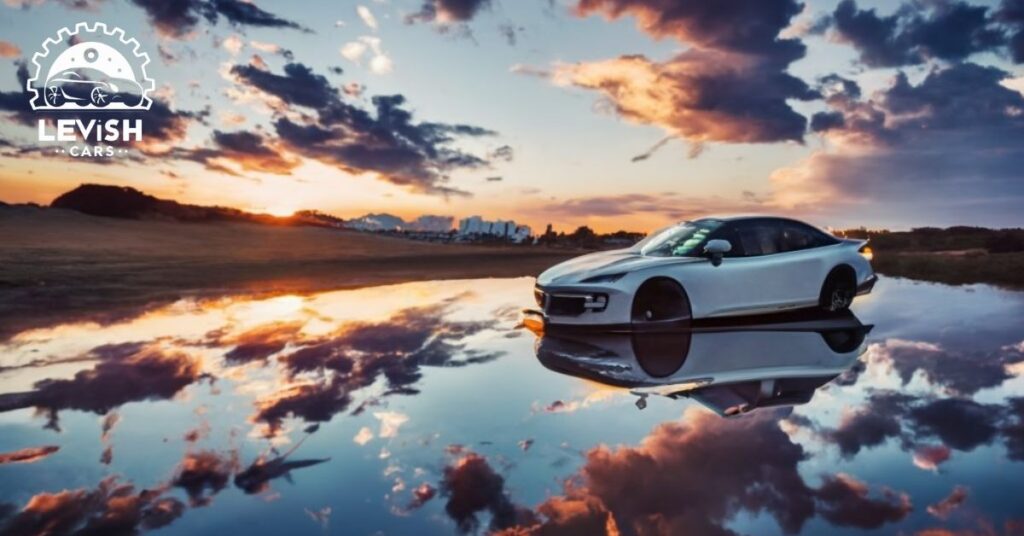
Here are some of the most common car parts that people get wrapped:
- Full wraps: This covers the entire car, effectively giving it a new paint job. It’s the most dramatic option and can be great for changing the color or adding a design.
- Partial wraps: These can cover specific areas like the hood, roof, or mirrors. They’re a great way to add accents or stripes without committing to a full wrap.
- Bumper wraps: Bumpers are often scratched or faded, so wrapping them can be a good way to restore their appearance.
- Interior wraps: You can also wrap the interior of your car, such as the dashboard or door panels. This can give it a fresh look and feel.
No matter what you decide, be sure to choose a reputable installer who uses high-quality vinyl. A good wrap should last for several years and look great the whole time.
Don’t miss to read out... Nickname For A Blue Car
Cost Of Wrapping A Car
| vehicle Size | Vinyl Wrap Cost Range | Full Wrap Cost Range | Partial Wrap Cost Range |
| Compact Car | $1,500 – $3,000 | $2,500 – $5,000 | $1,000 – $2,500 |
| Midsize Car | $2,000 – $4,000 | $3,000 – $6,000 | $1,500 – $3,000 |
| Large SUV/Truck | $3,000 – $6,000 | $4,000 – $8,000 | $2,000 – $4,000 |
| Luxury/Exotic Car | $5,000 – $10,000+ | $7,000 – $15,000+ | $3,000 – $7,000+ |
What are the maintenance costs after getting a car wrap?
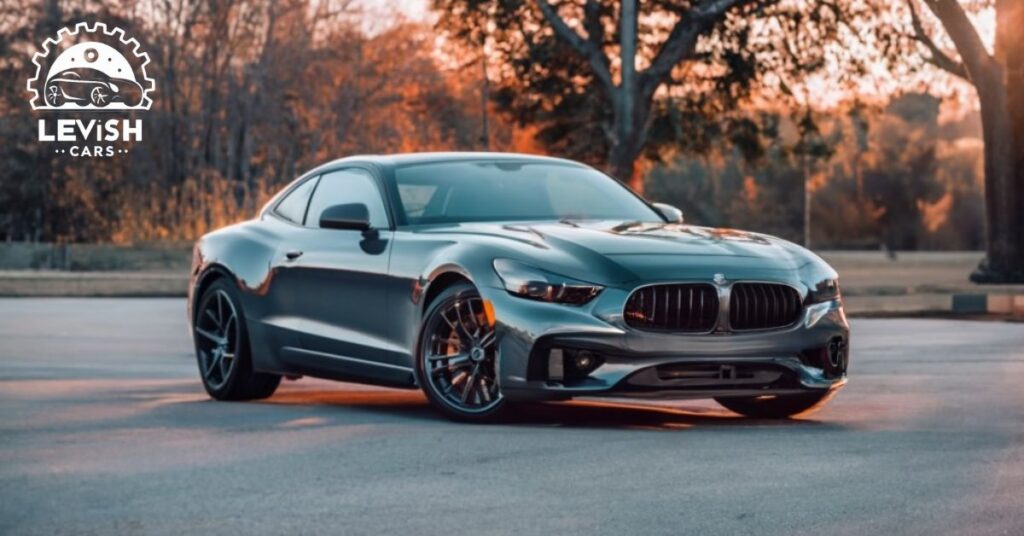
Car wraps require some care after installation. Proper maintenance helps them last their expected lifespan. Handwashing is best to avoid damaging the vinyl. Avoiding automatic car washes is wise. Protective vinyl sealants should be reapplied every 6 months.
This prevents sun fading and pollution damage. Small vinyl repairs average $50-150 if tears or lifting occur. Checking for bubbles or lifted edges yearly is smart. Complete removal and new wraps usually happen every 4-6 years.
Frequently Asked Questions
Is it cheaper to wrap or paint a car?
Wrapping a car is often cheaper than painting it, offering a cost-effective alternative for customization.
How long do wraps last on cars?
The lifespan of car wraps varies, but quality installations can last 5-7 years or more with proper maintenance.
What is a good price for car wrap?
A good price for a car wrap depends on factors like size and material, ranging from $1,000 to $5,000 or more.
Can you wash a wrapped car?
Yes, you can wash a wrapped car, but it’s recommended to use a gentle hand wash method to preserve the wrap’s longevity.
Final Thoughts
Many cars today get wrapped with vinyl film. This changes the car’s color and look. How much does this service cost? Prices depend on the car size. Small cars cost less than big SUVs. Prices also vary based on complexity. Plain color wraps are cheapest. Custom prints or colors cost more.
Basic wraps for small cars start around $2000-3000. Bigger vehicles commonly run $4000-6000. Show cars or wild graphic wraps can be $10,000+. Location matters too. Major cities charge more.
Shops offer many color and finish options. Matte, satin, gloss, chrome and more. Partial wraps just doing one panel cost less. Prices involve the vinyl film and skilled labor time. Car wrapping prices can fit different budgets. This service transforms a car’s whole appearance.

Hey there! I have 5 years of experienced repairing all makes and models. Specializes in engine diagnostics, brake repair, electrical systems, and teaching DIY maintenance tips. Passionate about keeping cars running safely.
